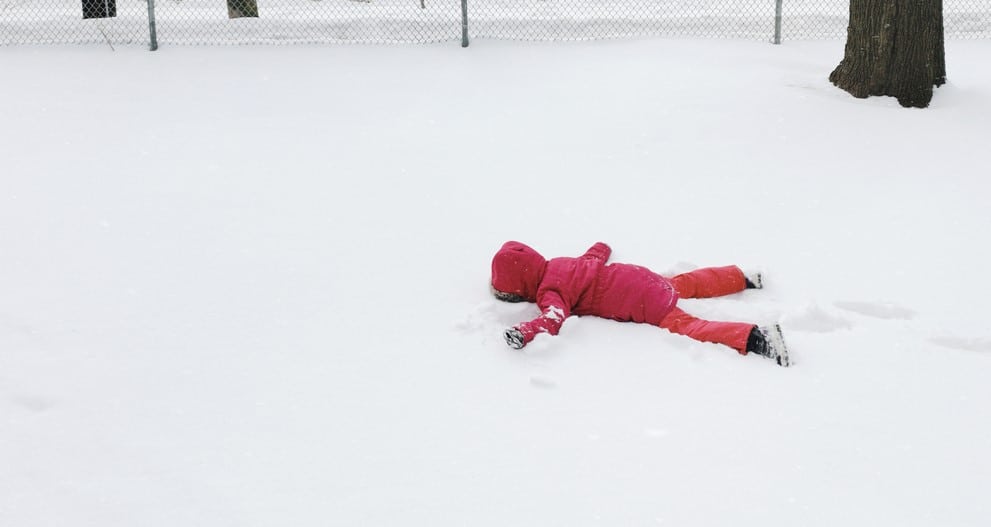
How to tell if you have the winter blues
If you feel like the season of cheer has got you down, you might be right. Studies show that the “winter blues” are real, and they have a fewsigns and symptoms that are common amongst sufferers. You might be struggling with:- Changes in appetite and weight
- Feelings of sadness
- Lethargy or sluggishness
- Irritability
- Inability to focus
- Loss of interest
- Low energy
- Trouble sleeping


